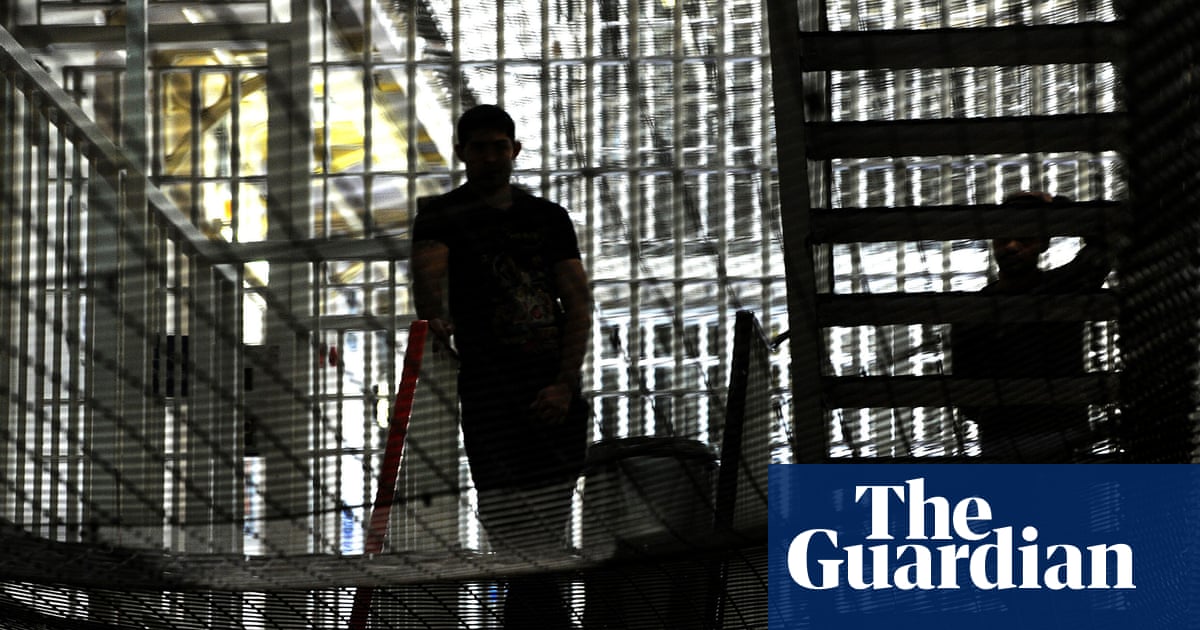
A quarter of British pubs and restaurants fear collapse before Christmas without further government support, according to a wide-ranging survey that warns the pandemic could cost 675,000 jobs in the hospitality sector by February.
As fresh analysis showed that more than £750m of late-night revenues could be affected by the imposition of a 10pm curfew in England, hospitality businesses said they have been “teetering on the edge” and now face the prospect of going under.
They predicted that new curfew rules – which could last for six months – will make things even worse.
Nearly 23% of pubs, bars and restaurants said they expected to fold within three months without a financial package for the sector, according to a survey commissioned by the British Beer & Pub Association, UK Hospitality and the British Institute of Innkeeping.
One in eight hospitality staff have already been made redundant, with more jobs are expected to be lost for good when the furlough scheme ends in October.
On average, businesses believe their workforce will be 25% smaller in February 2021 than it was a year earlier – a decline of 675,000 jobs.
The survey, conducted for the trade bodies by industry analysts firm CGA and reported by ITV, reveals the grim forecast shared by pubs, bar and restaurant owners, even before the imposition of the 10pm curfew.
“This research shows pub businesses were already teetering on the edge,” said BBPA chief executive, Emma McClarkin.
“Now the prime minister has announced even more restrictions for them, it is clear much more support will be needed from the government to ensure they survive.
“An immediate stimulus package is required for our sector in the form of an extension to the furlough scheme and business rates relief, plus continuation of the VAT cut to food and soft drinks and a significant cut to the UK’s excessively high beer duty.”
Kate Nicholls, the chief executive of UK Hospitality, said: “The future of the sector is still very much in the balance.
“The additional restrictions announced this week place even further burdens on a sector that is operating with razor-thin margins and needs all the help it can get. It is vital that these restrictions are reviewed regularly.”
The survey emerged as new analysis for the Guardian indicated that more than £750m of sales could be at risk if curfew restrictions last for six months.
Feedback from pub chains and casual dining outlets suggests they make up to 4% of their sales after 10pm, according to veteran retail analyst Mark Brumby, with bars racking up nearly a quarter of their sales during that time.
Based on data for the hospitality sector, which includes more than 100,000 pubs, bars and restaurants, around £32m passes through their tills during those hours each week, said Brumby.
That means venues could normally expect to record revenues of more than £768m after 10pm over six months.
Brumby, of advisory firm Langton Capital, said some customers would choose to eat or drink earlier in the evening, meaning not all of that sum would be lost, particularly among restaurants. But he warned some pubs and bars that make a significant portion of their income after 10pm would “suffer horribly”.
He also pointed out that the order means venues must close at 10pm, forcing most to stop making sales beforehand in order to ensure customers have left in time for the deadline.
Trade bodies including UK Hospitality and the British Beer & Pubs Association (BBPA) have hit out at the plans, questioning the scientific evidence for them and warning that people leaving venues at 10pm will go to houses where social distancing is not enforced.
They were understood to be lobbying the government vociferously on Wednesday, warning that the curfew could result in thousands of job losses and business failures.
Nicholls said this week that a curfew risked devastating a sector “already on its knees”, while Wetherspoons founder-chairman Tim Martin has called the measure “utterly stupid”.
“There seems to be little available evidence that pubs, with their strict adherence to government guidelines, are unsafe, so we are unsure that this blanket measure will make a major difference,” said Emma McClarkin, the chief executive of the BBPA.












